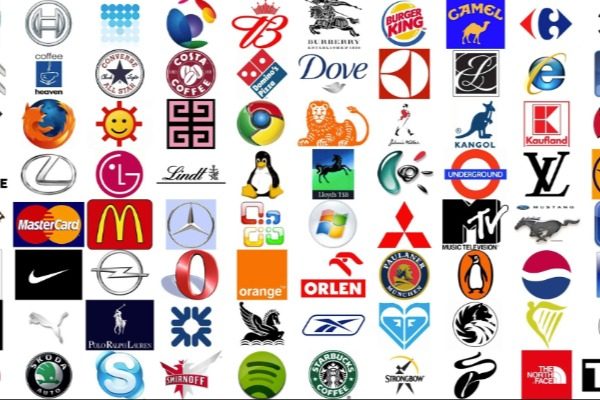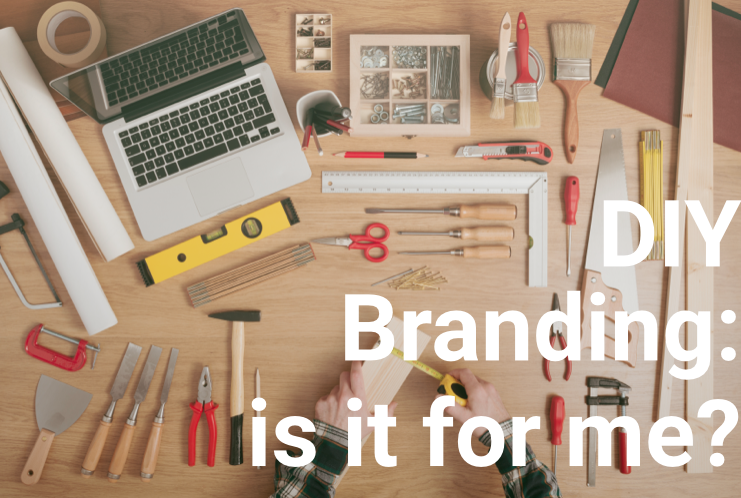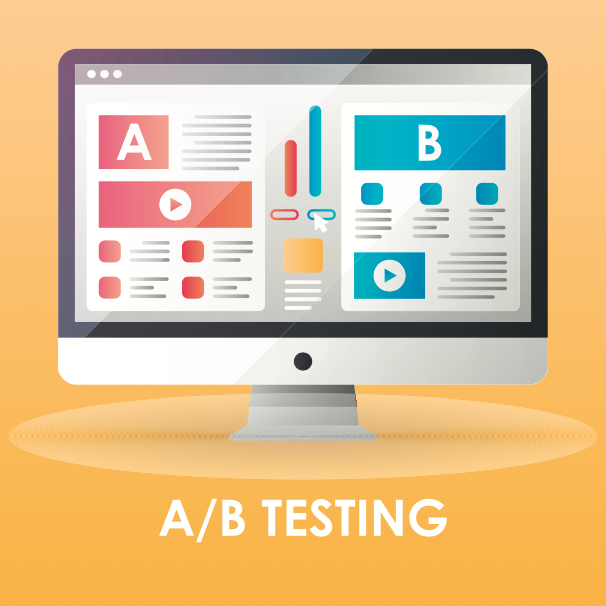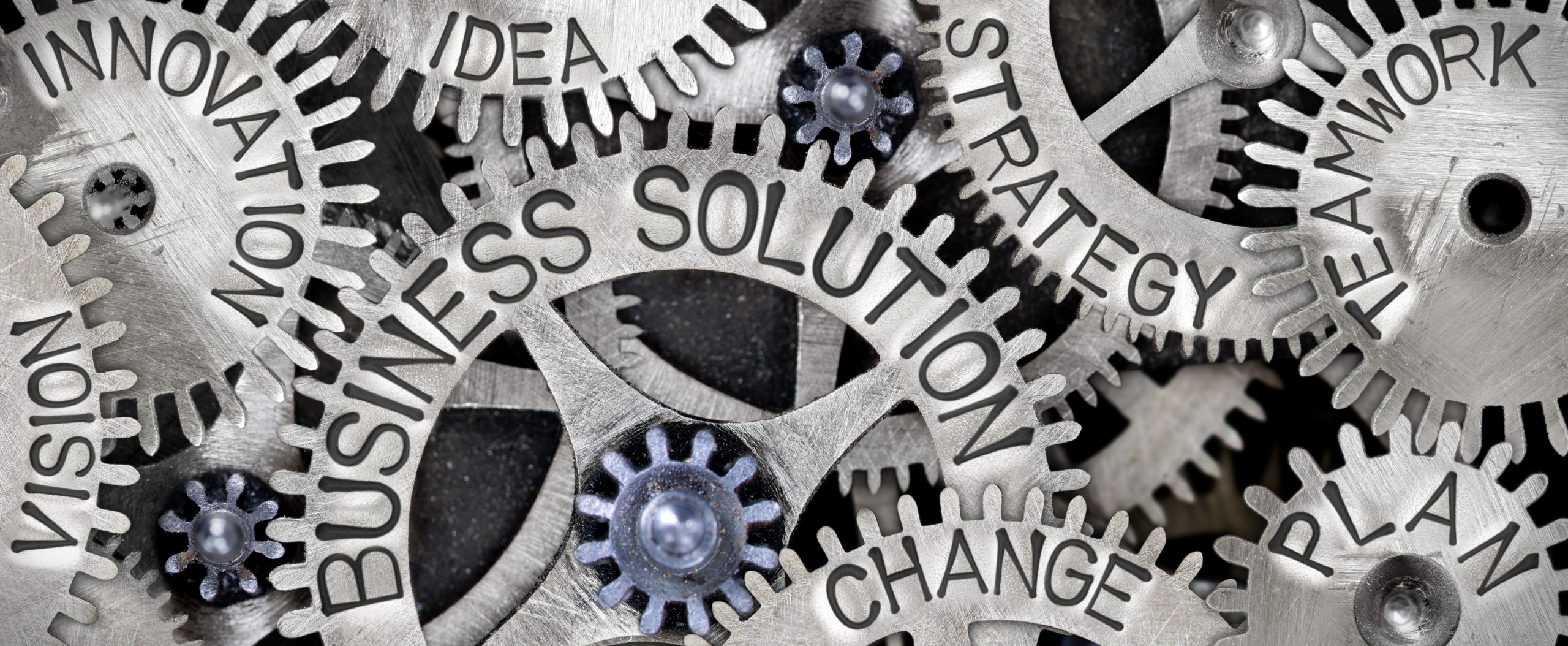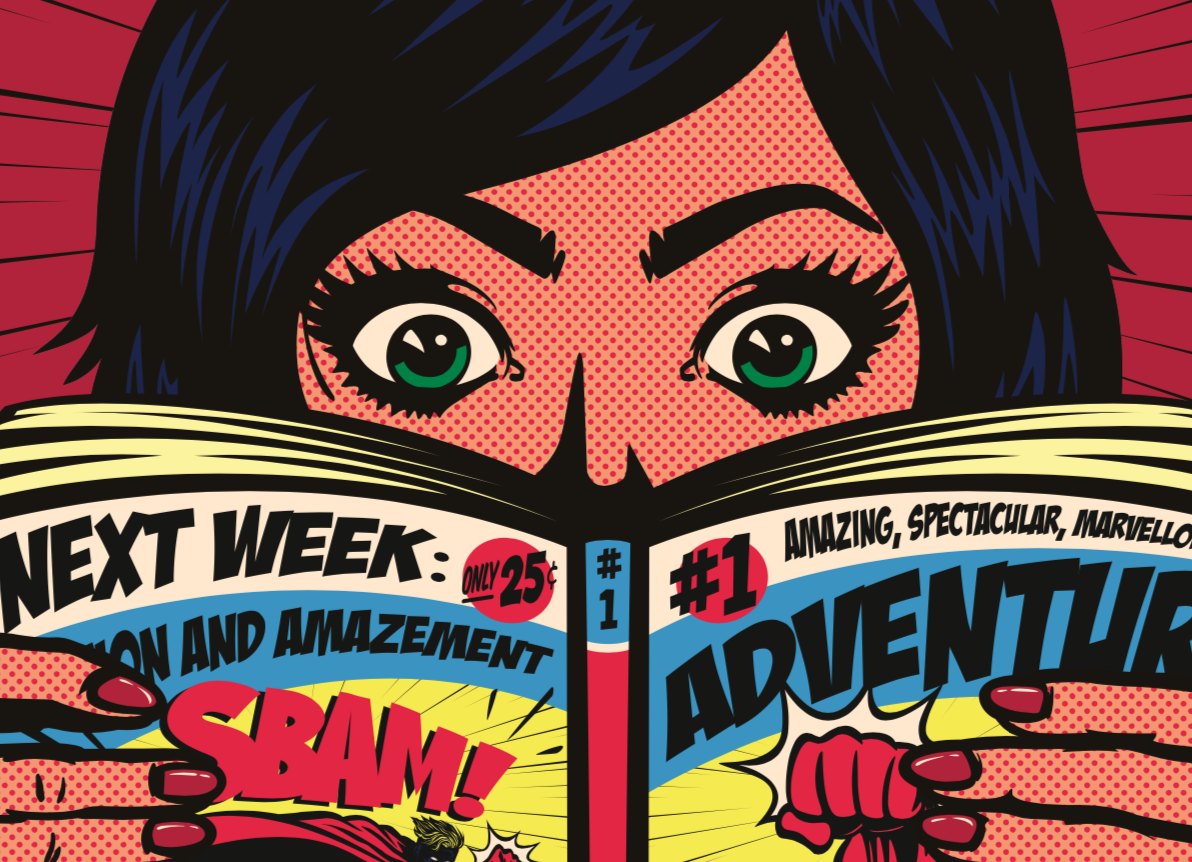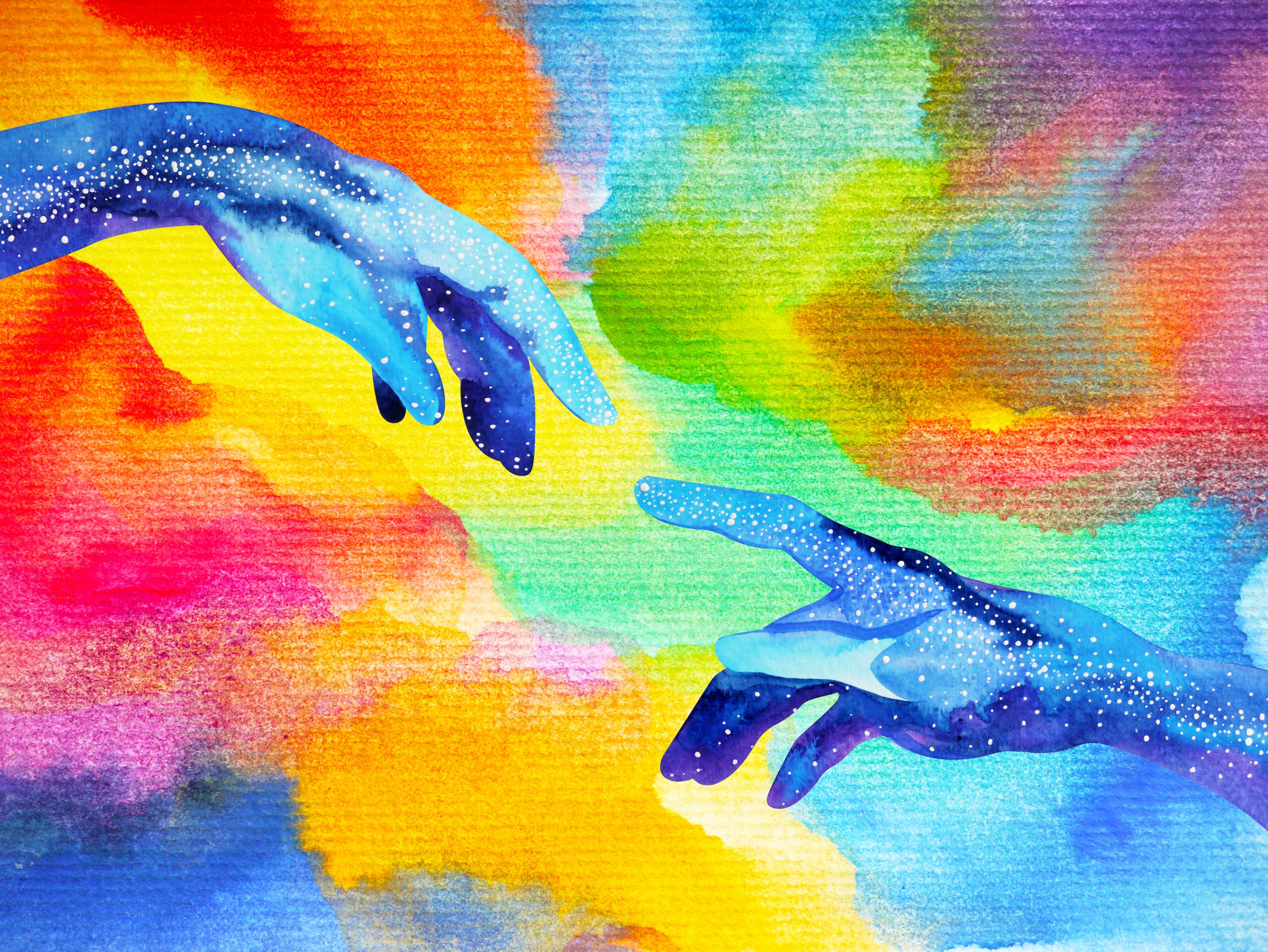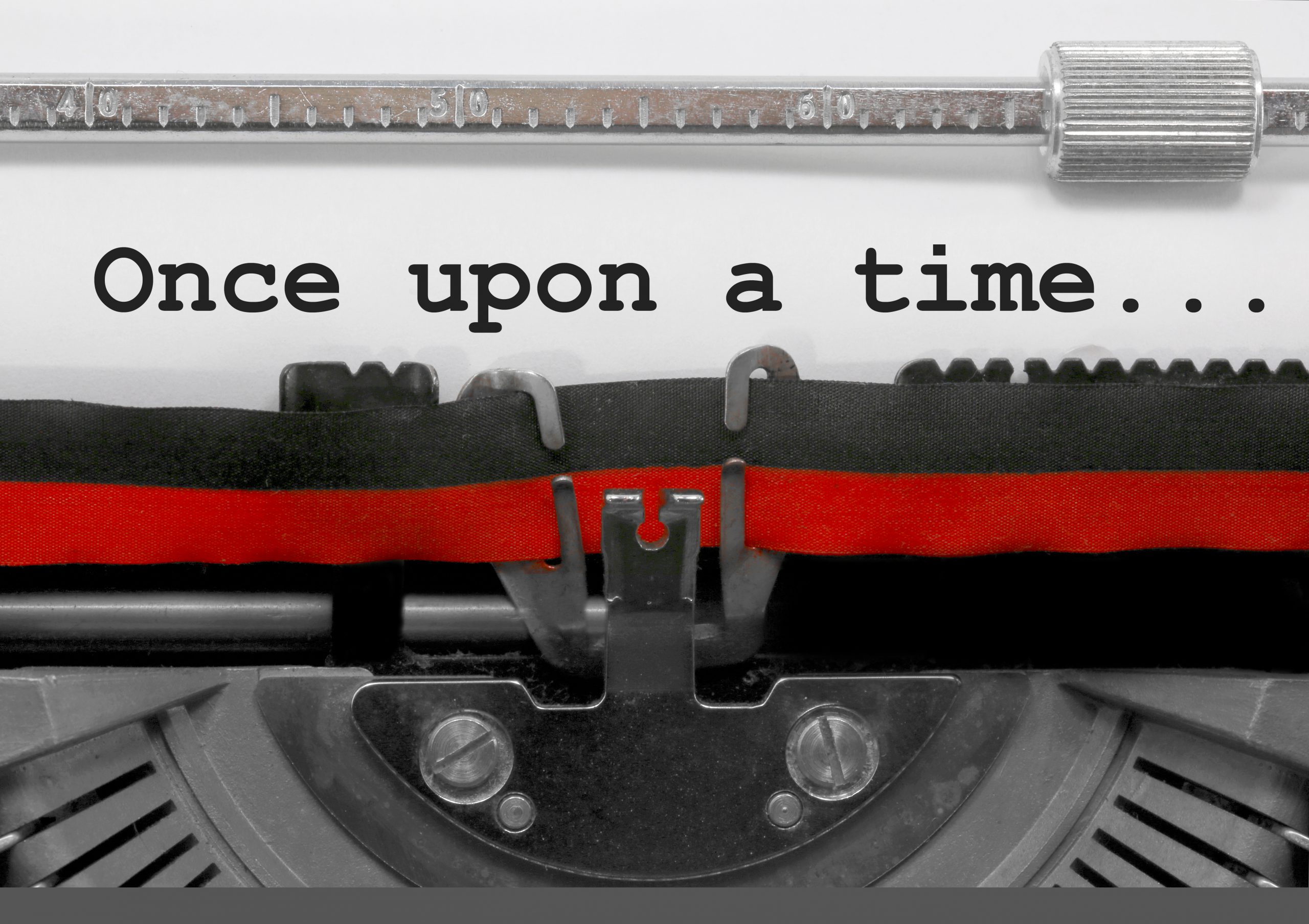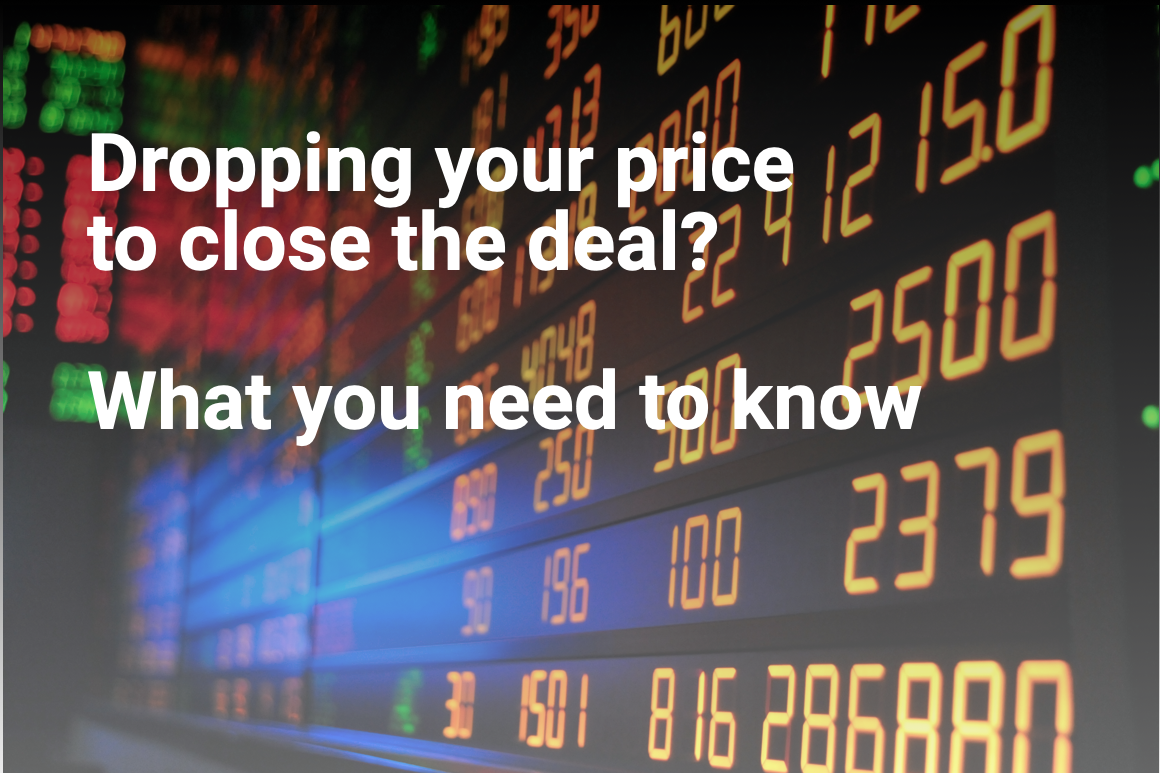What to do if your logo isn’t working for you
As a business owner, you’re always stretched in a million different directions. You don’t often think about your logo and if it’s conveying the right message about your business. But is it helping you leave your mark?
Details matter. Your logo can help attract new customers and distinguish you from your competition. Since it’s my business to help growing businesses grow magnetic brands, I spend a lot of time working with clients to ensure their logo, fonts and color schemes are telling their full brand story in a simple but compelling way. If you’ve ever wondered what makes for a great logo, if you’re considering designing one for your business, or if your current one makes you cringe: below are some helpful logo design tips to keep in mind.
First: do you even need a logo?
Many small businesses decide to skip the logo in the very beginning, or they get something simple off 99designs.com. Either route is great, especially when starting out. But as your business evolves, remember that we live in a world of symbols, so whatever’s next to your company name is functioning as your de facto logo. So let’s ask this a different way: what’s the point of a logo? And does your current one work to your advantage? Here are some benefits that a logo provides:
- A logo tells people the name of your company.
- It creates differentiation and a good one makes your brand stand out.
- A logo represents your business. A great logo has a symbolic association, making your company instantly more memorable and more endearing.
- It invites people to explore your brand. Symbols and colors are more interesting to the human eye and mind than plain text. Logos draw interest and pique the curiosity of your potential customers, prompting them to discover more about your product or service.
- It can go everywhere. Website, business cards, office door, letterhead: a logo is a visual representation of your business and can extend your brand everywhere. With a logo, you have more opportunity to be top of mind for your customers and prospects. And familiarity breeds preference.
Now let’s go back to your current logo. If it’s delivering on all these points, then that’s a win for you.
But if you feel that your current logo isn’t working for you, and you want to make your brand clearer and more inviting, then let’s talk about what you should look for in logo design.
The Role of Color, Shape & Font
- Color. Color psychology goes back as far as the ancient Egyptians; they figured out color can impact mood and human behavior. Today, color is important in our media-frenzied society because it can help draw attention to your brand and make it stand out. And research has shown that 60% of customers’ product choices are impacted by color alone.
So what’s the right color for your brand? Well, that depends on what you want to convey. For instance, blue conjures up feelings of calmness, confidence and honesty, while red is the opposite: it conveys passion, intensity and excitement. Yellow symbolizes positivity and optimism, while green conveys freshness, prosperity and nature. There are thousands of color options, so it’s important to first figure out what qualities and values you want to express and then apply that to your brand. For some color psychology basics, this color psychology explanation conveys the power of color that brands might want to consider.
- Shape. Our subconscious mind responds to shapes and associates attributes with them, so designers factor in shape when designing logos. For example: are you wanting to convey community, unity, a sense of belonging? Then your logo would most likely be circular or oval shaped. If you’re wanting to express stability, strength and professionalism: squares. A sense of power, science, logic? Triangles. Below are a few examples of global brands that have been using shapes to subliminally suggest brand values; it can work for your company as well.
Pepsi communicates community and unity; Microsoft expresses stability and strength; Google Drive projects technology prowess and logic.
- Font. It’s not just words on a page. Typefaces have distinct personalities – did you know? The latest research suggests that typefaces convey their own meanings and elicit specific emotional responses independent based on the forms of the letters and words on the page or screen. Serif types are focused and calming; rounder types elicit happiness; sharper types, anger. If you want to convey tradition and respect, a classic serif font like Times New Roman is right for you. Are you innovative? Then consider a cleaner and modern font, a non-serif like Futura or Helvetica. Is your brand creative or elegant? A cursive font could help deliver that message. Or perhaps your brand is playful and creative – then you might want to lean in to a display style, like Valencia or Cooper.
A Word on Simplicity
Given all the things we want our logo to say and represent – not to mention that some logos can cost a lot of money – the tendency is to make sure they serve up a whole slew of brand message. But that makes them complicated, which is exactly the inverse of what you want. The most revered logos in the world are actually breathtakingly simple.
This doesn’t mean they’re simple to create. Reducing an idea down to an elemental symbol that captures one overarching big idea – that encapsulates other elements – is often the toughest part of the logo design process. Many logos, even those of big and successful companies, fail to stand out or be memorable because they can’t easily be associated with a single idea. Sometimes that’s because they’re too complex, and sometimes because they’re too abstract.
Secondly, you should love your logo, but your customers are the best judge, since it’s largely for them. Try to see your logo from their perspective. Thirdly, it’s cool to have hidden messages in your logo’s design, but if it’s not conveying the point of your brand to your customers, you’ve overshot the mark. If you have a few customers you trust and are close to, ask them for their thoughts on your logo. Does it convey the points you were hoping to get across?
If you’re considering hiring a graphic designer to update your brand look and feel, it’s helpful to speak with someone who can help you hit these points design-wise. Additionally, you want a designer who can convey the bigger picture of what your business stands for, while remaining dedicated to simplicity. If you’ve worked with designer in the past and like their work and feel your logo could use an update, talk with them about how to make your logo more impactful.
Need a designer to give your brand a new look? We’d would be happy to have a conversation about logos and more. At Magnetic Brand Strategy, we have a team of dedicated creative designers who can expertly shape simple and powerful logos. We’re dedicated to helping small and growing businesses become magnetic to the people who matter to them.

